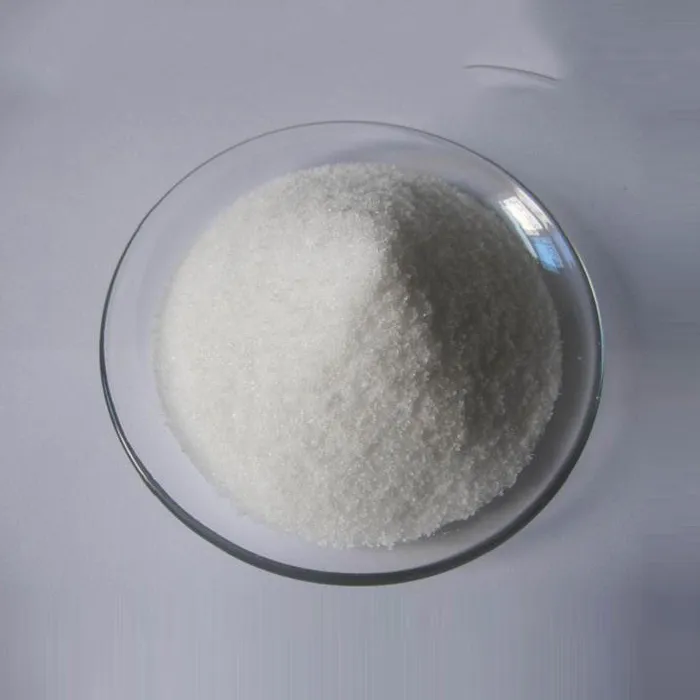The Role of L-Ornithine and L-Aspartate in Metabolic Regulation
L-Ornithine and L-Aspartate are two amino acids that play a crucial role in various metabolic processes within the human body. These compounds not only contribute to protein synthesis but also participate in significant biochemical pathways, particularly in ammonia detoxification and energy metabolism. Their importance becomes increasingly relevant when considering conditions such as hepatic encephalopathy, where their supplementation has shown potential therapeutic benefits.
L-Ornithine is a non-proteinogenic amino acid that primarily functions in the urea cycle. This cycle is essential for detoxifying ammonia, a byproduct of protein metabolism. In the liver, L-Ornithine is produced from L-arginine by the action of the enzyme arginase. It then plays a subsequent role in the conversion of citrulline back to arginine, thereby facilitating the continuous cycle of nitrogen removal from the body. High levels of ammonia can lead to neurotoxicity and other serious health issues, making L-Ornithine’s role in this metabolic pathway vital for maintaining homeostasis.
The Role of L-Ornithine and L-Aspartate in Metabolic Regulation
The combined action of L-Ornithine and L-Aspartate has garnered attention in the treatment of hepatic encephalopathy, a disorder characterized by impaired brain function due to liver dysfunction. Patients with liver disease can accumulate high levels of ammonia, leading to neurological impairment. Research has indicated that administering L-Ornithine and L-Aspartate can enhance ammonia elimination and improve nitrogen metabolism, thus ameliorating the symptoms of hepatic encephalopathy.
l ornithine and l aspartate

In clinical studies, the administration of these amino acids has been shown to reduce ammonia levels significantly. This effect is attributed to the increased activity of the urea cycle and improved detoxification processes. Additionally, L-Aspartate's role in energy metabolism aids in mitigating the fatigue and weakness often experienced by patients with liver dysfunction.
Moreover, the use of L-Ornithine and L-Aspartate is not limited to liver health. Their metabolic impact extends to exercise physiology as well. Ornithine, by promoting protein synthesis and contributing to muscle recovery, can support athletic performance. When complemented by L-Aspartate, which helps reduce fatigue through its role in energy production, the combination may enhance endurance and overall athletic output.
It is important to highlight that while L-Ornithine and L-Aspartate supplementation presents potential benefits, it should be approached carefully. Individuals considering this form of supplementation should consult healthcare professionals, particularly if they have existing health conditions or are taking medications that affect amino acid metabolism.
In conclusion, L-Ornithine and L-Aspartate are integral to various metabolic pathways in the human body, with significant implications for liver health and overall energy metabolism. Their synergistic effect in ammonia detoxification and energy production underscores their potential therapeutic roles, particularly in conditions such as hepatic encephalopathy. As research continues to unfold, the accurate understanding and application of these amino acids could lead to innovative treatment strategies that enhance metabolic health and improve quality of life for individuals with metabolic disorders.

